There has been a significant surge in the number of people using epoxy resins and other kinds of resins as a surface finish. That notwithstanding, there are still lots of people searching for epoxy resin substitutes to either cut down on the cost that will be required if they’re using an epoxy or other resin finish. There are also some looking to cut down on the unnecessarily long hours that will be needed for the epoxy to cure, or simply seeking out more environmentally friendly options, to use for their finishes.
Thankfully, many other resin and non-resin substances can be used in place of epoxy. Many of these options are considerably cheaper and are much easier to install. Check out some terrific cost-effective and more environmentally friendly alternatives to epoxy resins and the additional information shared in this article.
Alternatives To Resin For Wall Art
Resin is one of the most common finishes used for art projects because of the glossy and smooth finish it gives the artwork. However, artists can still use some other alternatives to give their artwork the shiny look if they use acrylic finishes like:
Using A Liquitex Varnish Gloss
Liquitex acrylic can recreate the wet look and gloss every artist likes for their artwork. A sample of work finished with Liquitex can be seen Here. Liquitex is one of the options that most artists would go for if they aren’t using epoxy or other kinds of resin coating.
Using DecoArt Topcoat
DecoArt Topcoat is another coating commonly used by artists. The trick is in following the simple instructions outlined by the manufacturers. You can check out the expected final look of your artwork if you consider using the product. The exceptional thing about the coat is that it doesn’t require too many pours to arrive at a suitable gloss.
Alternatives To Resin For Jewelry
Resins are some of the easiest and most common substances for creating jewelry pieces, like hand bangles, necklaces, and earrings, especially epoxy resins. However, if you wish to make jewelry without using any resin at all, there are other substitutes you can consider like:
Diamond Glaze (Clear Liquid Finishing)
Diamond glaze can be paired with metal, leaves, paper, or glass to create a glossy finish for your jewelry. It also helps to provide a form of protection and has adhesive properties that help you glue up your jewelry pieces if there is a need.
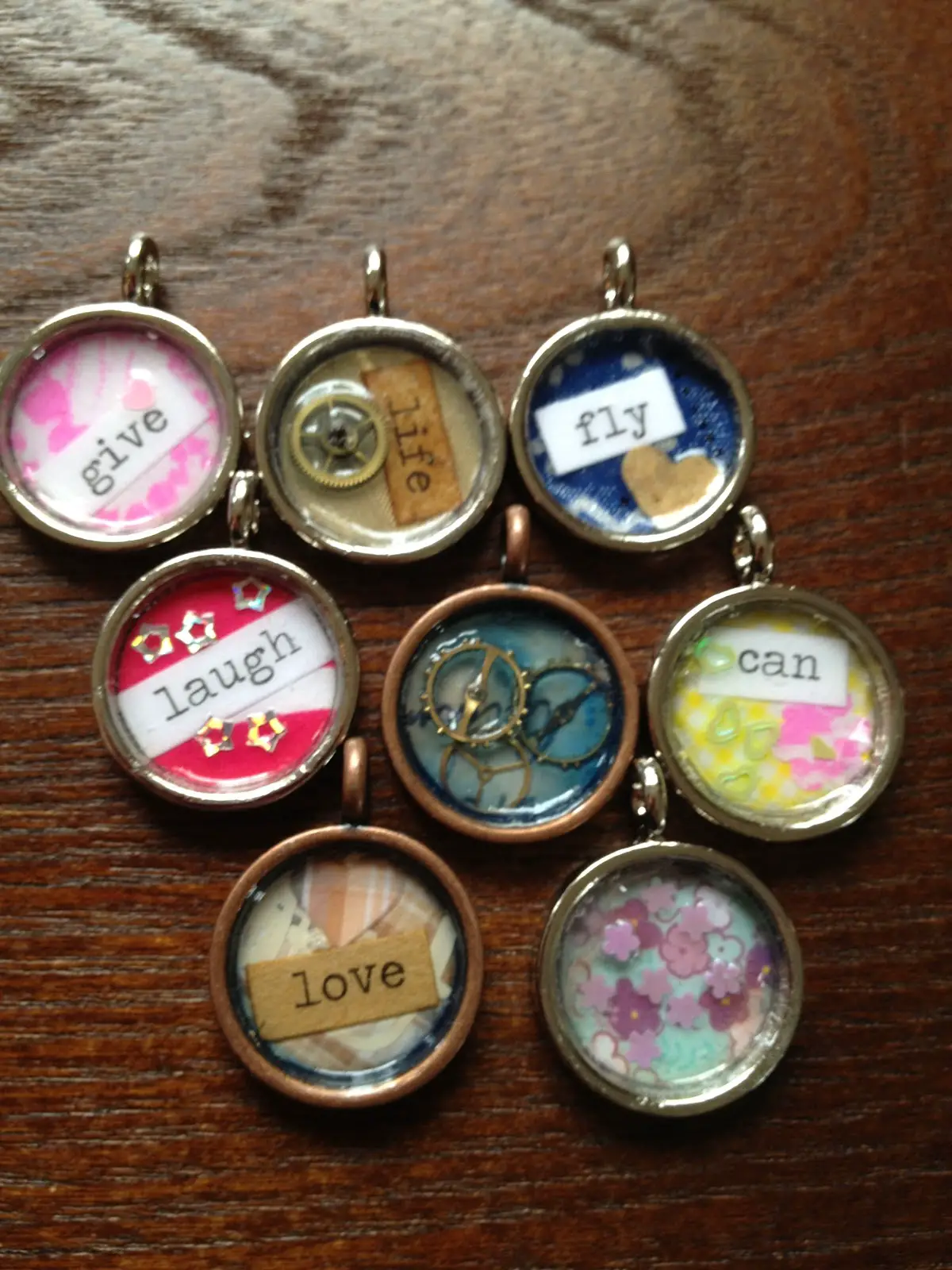
Source: Pinterest
Mod Podge Gloss
Mod Podge is an excellent finish to use for wall art if you desire the glossy look resin finishes give, and it’s also very easy to DIY. It can be used to give pictures that will be used as part of a jewelry, a kind of sheen.
Source: YouTube
Alternatives To Resin For Home Decorations
Many home decor pieces and figurines are made with resin. Since resins are expensive, the same applies to resin decor pieces made with those high-end products. Some more pocket and environmentally friendly decors can be created with concrete, plastic, clay, metal, and many other materials as an alternative.
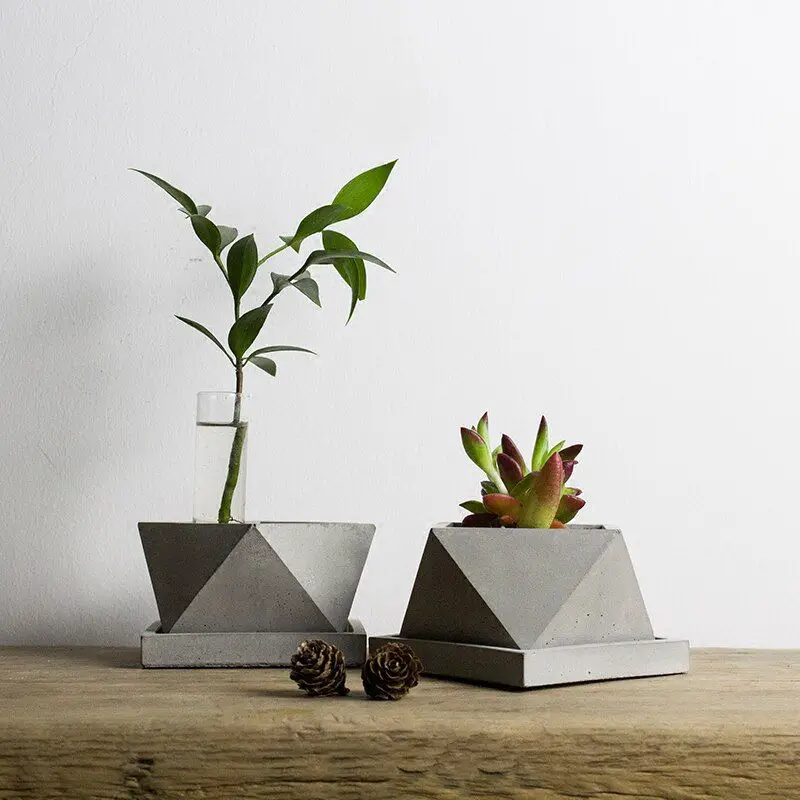
Source: Pinterest
Resin Alternatives For Kitchen Items
Resins are standard materials used for household items, and this includes kitchen wares. It is used as a coating finish for some kitchen utensils and is even used to make kitchen food trays, cutting boards, and lots more. However, other materials can be used in place of resin kitchenware in your home.
Eco-Friendly Trays
Going for a simple wooden tray would do the trick if you’re trying to rid your kitchen of epoxy and plastic wares. It’s made of natural products and doesn’t put anyone at risk from its usage. They are also available in really creative designs built to enhance convenience.
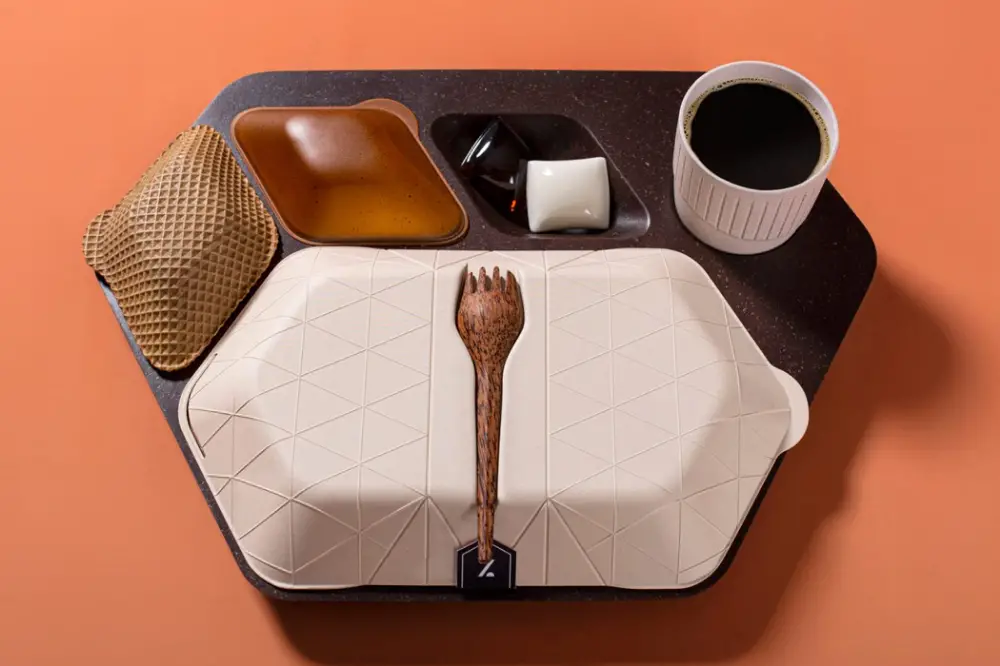
Source: Pinterest
Fabric Kitchen Coasters
Fabric coasters are simple, easy-to-make inches of layered fabric that can be used in place of saucers and side plates. They help to keep the condensation from beverage cups off our tables and surfaces.
They can be purchased, or you can add them to your home’s list of DIY items. Not only do they serve the purpose of preserving your surfaces, but the colorful nature of the fabric also adds to the overall house decor.
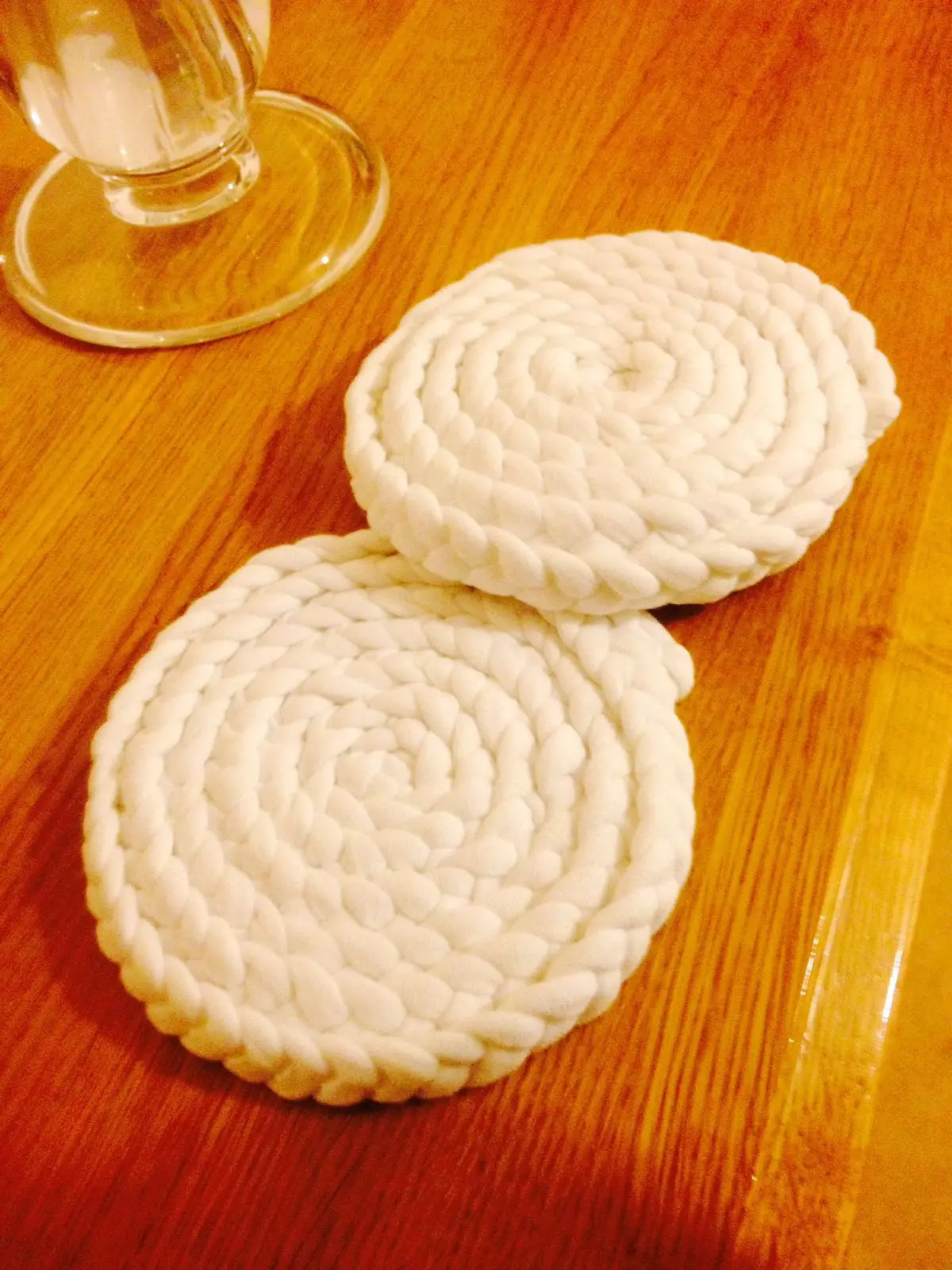
Source: Pinterest
Wooden Bowl Resin Alternative
Rather than using epoxy bowls in the kitchen, one can go with the more eco-friendly wooden bowl devoid of resin coatings. They’re equally easy to maintain, give your kitchen a rustic look, and you don’t have to spend too much to get dozens of pieces. Eco-friendly disposable plates can also be a great alternative to epoxy bowls in the kitchen.
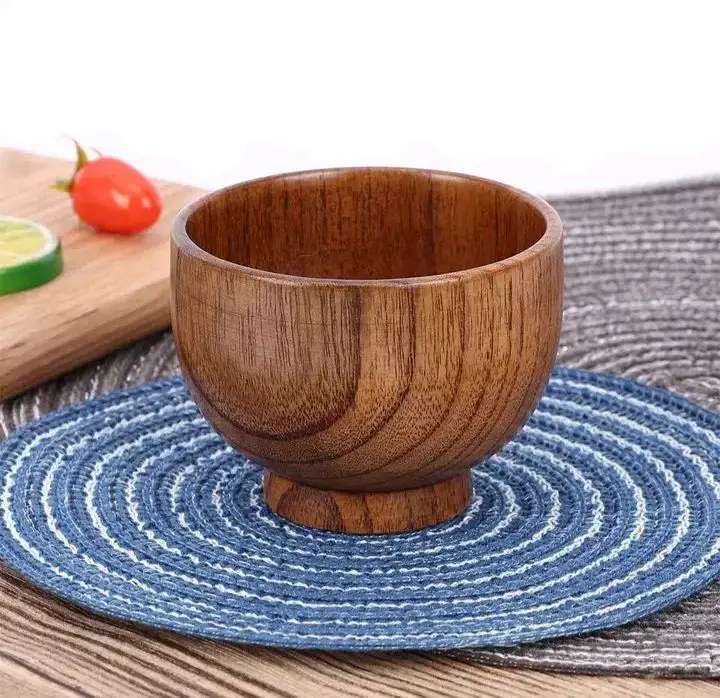
Source: Pinterest
Alternatives To Resin For Tumblers
Tumblers are mainly covered with resins. However, resins have been proven to cause harm to human health after continued exposure. This has triggered the search for alternatives to resins for household items.
There are lots of other fantastic alternatives that can be used as a tumbler coating. Crystalac is one of the most well-known companies producing alternative coating materials for tumblers. Some of their most popular products include Blackgloss, BriteTone, and much more.
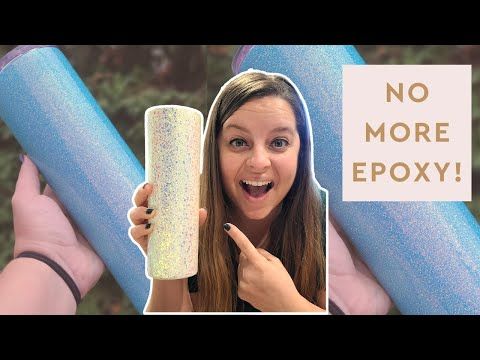
Source: Pinterest
Epoxy Flooring Alternatives
There are many options for finishing floors in homes, business places, and industries. Epoxy is one of the flooring finishes you would see in most buildings.
However, some people are considering alternatives to using epoxy that can still give their floor a glamorous look that will be easy to maintain. These are some of the most common options.
Latex Concrete Paint Floor Finish
Regular concrete floor paints are less expensive than epoxy paints and will still give your floors a decent look.
Although latex concrete paints won’t last as long as epoxy-coated floors, they’re still a great option and easy to DIY. However, expect to touch on it now and then because all the foot traffic will start to wear it out in no time.
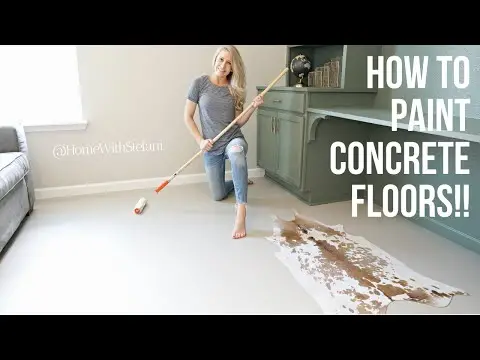
Source: Pinterest
Interlocking Floor Tiles
Interlocking floor tiles are durable and less expensive than epoxy resin floors, and most have good warranties. It also comes in so many colors and designs leaving you with different options to choose from.
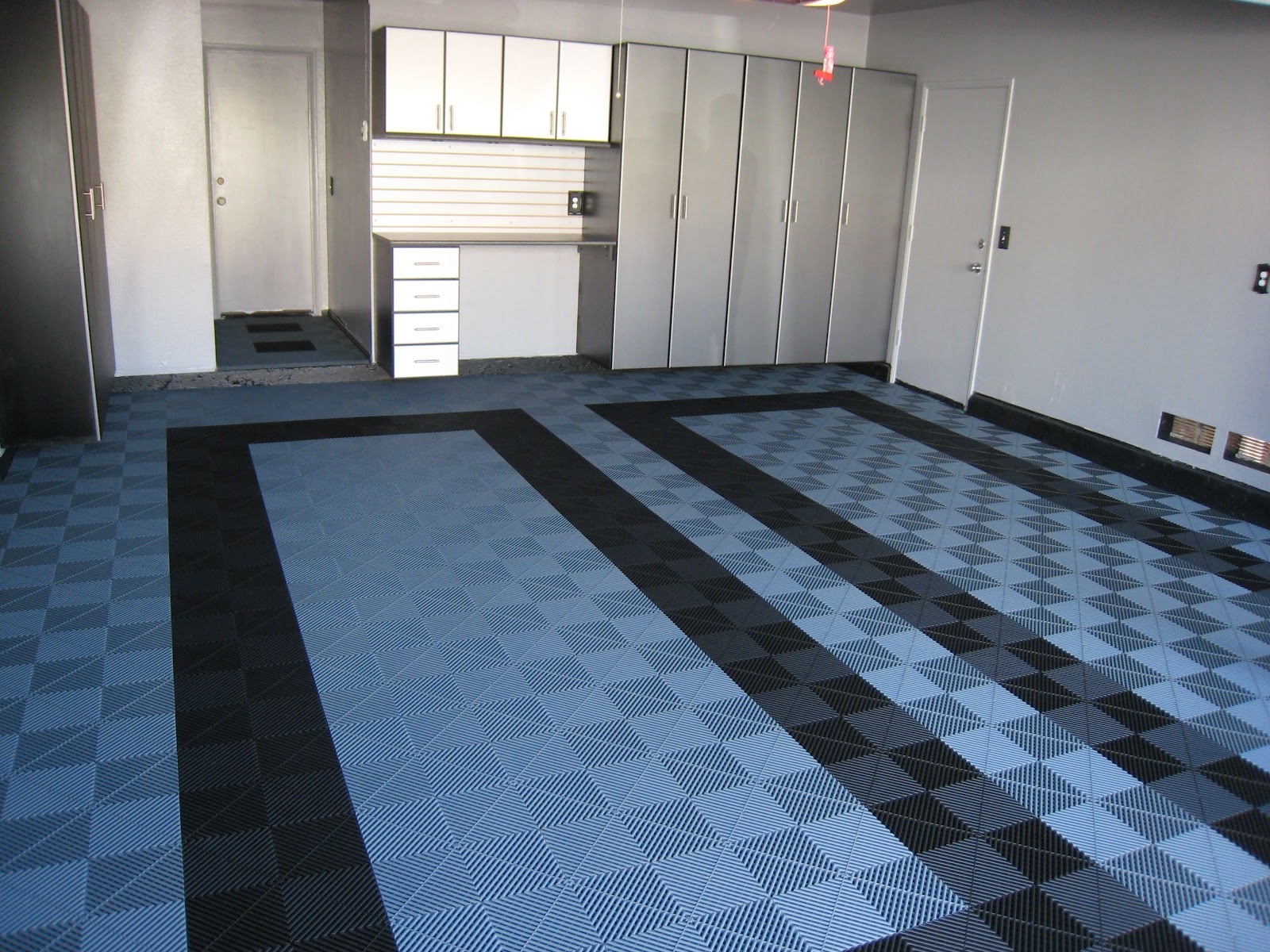
Source: Pinterest
Vinyl Plank Flooring
Vinyl plank flooring is an excellent alternative to cover old floor finishes, instead of using epoxy paints. It is easy to install and can be changed easily once it begins to wear out or when trends change.
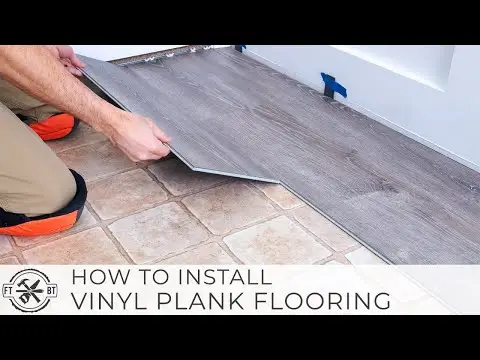
Source: Pinterest
Polycuramine Flooring Alternative
Polycuramine (rust oleum) coating gives a glossy look that can be associated with epoxy floors. Epoxy coatings can easily be substituted with this.
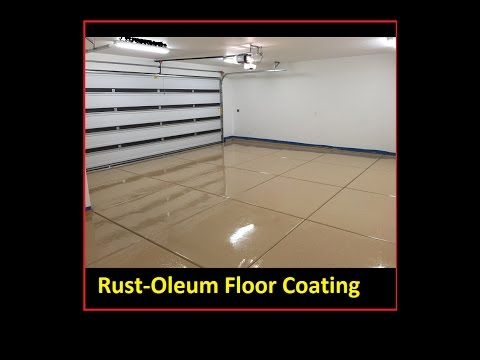
Source: Pinterest
Rubber Floor Tiles
Rubber floors are perfect if you’re working on a budget but want to give your floor space a neat look that’s easy to care for.
Rubber floor tiles fall into the category when searching for easy-to-install flooring materials. One of the advantages of this is that it is highly resilient. It also comes in different colors and designs, which will give your home a fresher look.
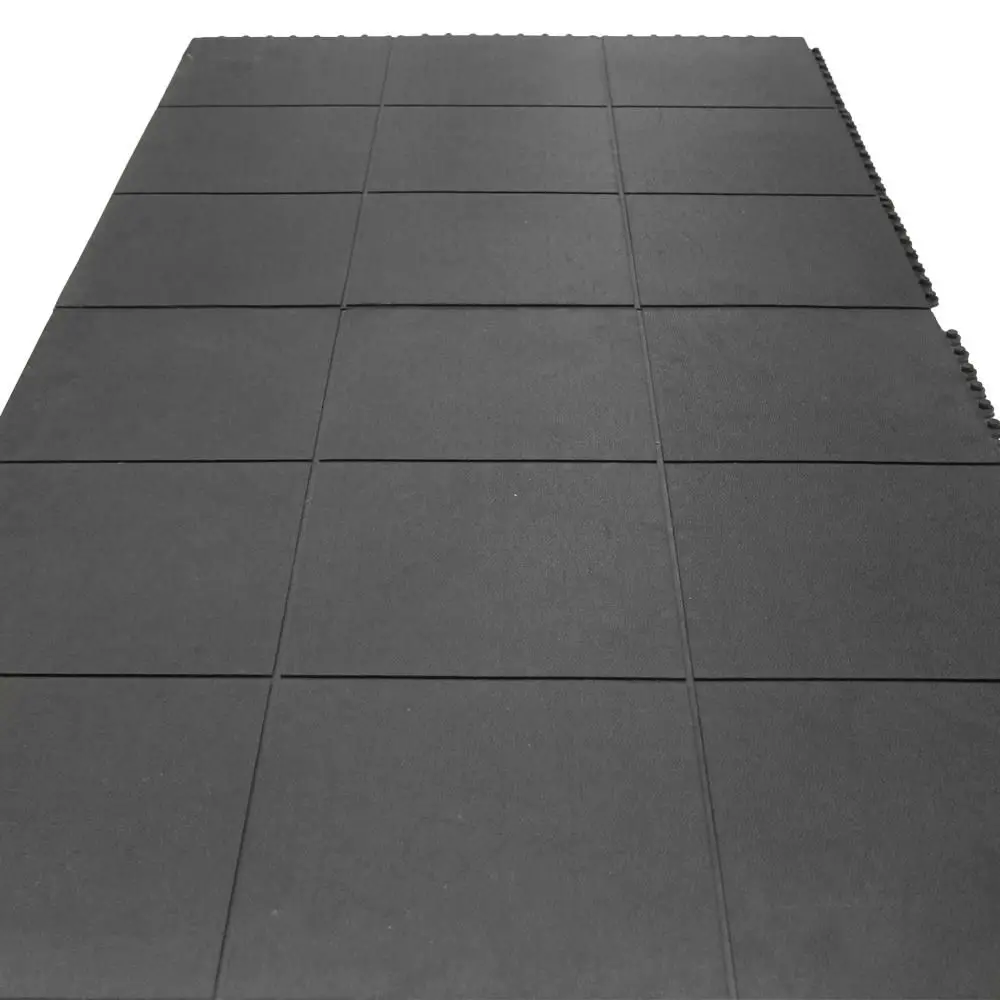
Source: Pinterest
Garage Floor Carpets/Mats
Garage floor carpets are easy to install and have some sheen to them. They’re also easy to maintain and feel good on the feet. However, it may only last for a short time compared to epoxy-coated floors.
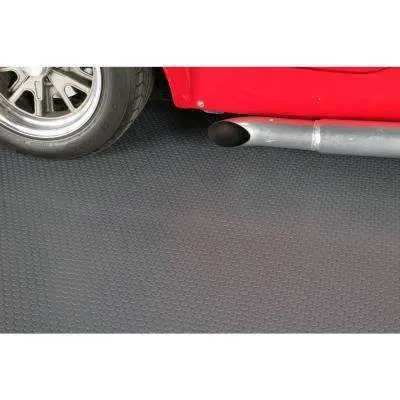
Source: Pinterest
Hardwood
Wooden floors give the place a fresher and more retro look. Hardwood floors are the perfect option for your floor space if you’re not into too much gloss.
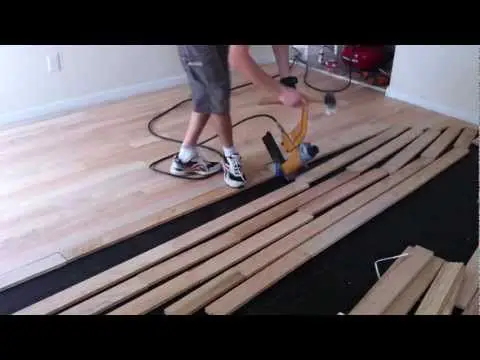
Source: Pinterest
Linoleum
Linoleum covering is quite similar to vinyl floors. If you’re looking for resilient flooring options at an affordable rate, look no further than linoleum floor. Made with renewable materials, linoleum floors have a lot of advantages that make them a great alternative to epoxy resin.
They are durable, hard to scratch, and even water resistant, making them suitable for practically every room in the house. It also requires very little maintenance.
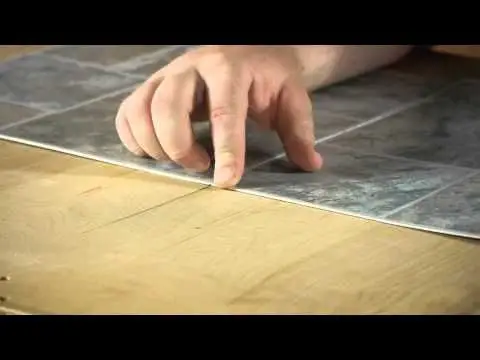
Source: Pinterest
More Epoxy Resin Alternatives
Silicone (For Molds)
In many cases, silicon is the go-to alternative when epoxy resins are not used for creating resin molds for decorations. It can withstand adverse temperatures, which is an essential property needed for materials used for molds.
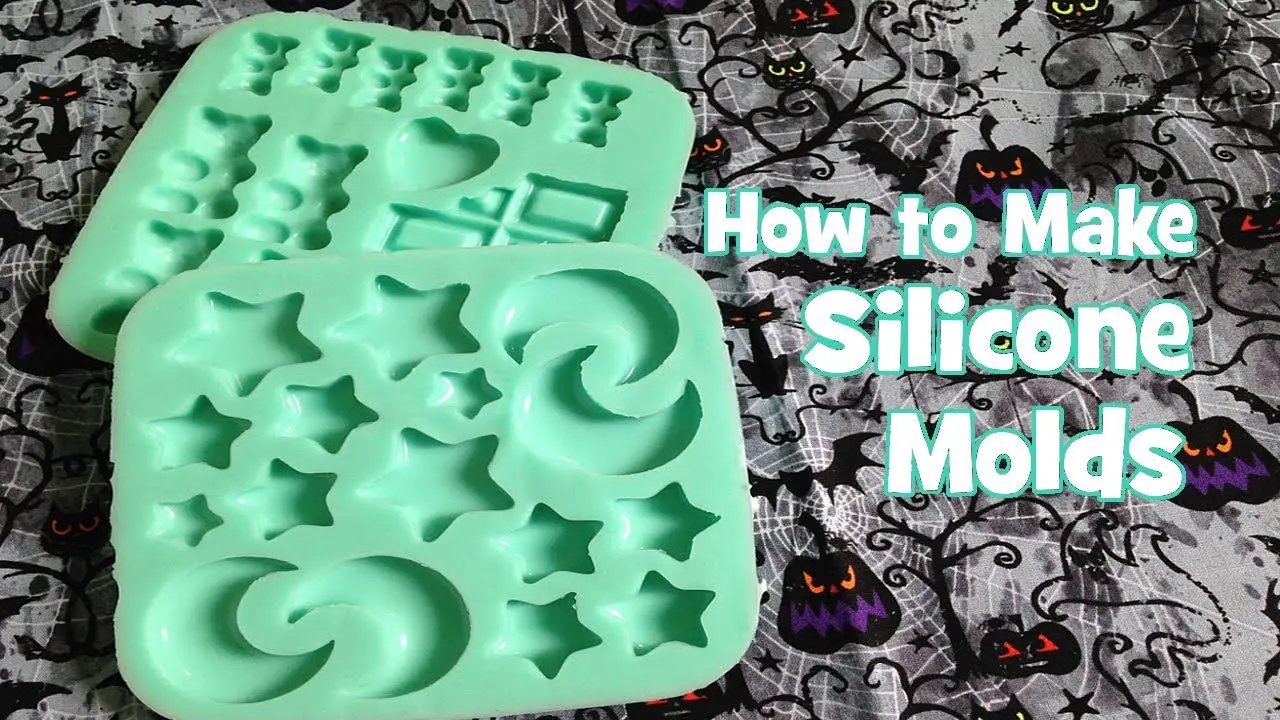
Source: Pinterest
Hard Plaster (For Molds)
Hard plaster is another material used for molds in place of epoxy resin or any other resin. It happens to be skin-friendly because it was commonly used as a bone cast a couple of years back. One of the significant advantages of this option is its affordability.
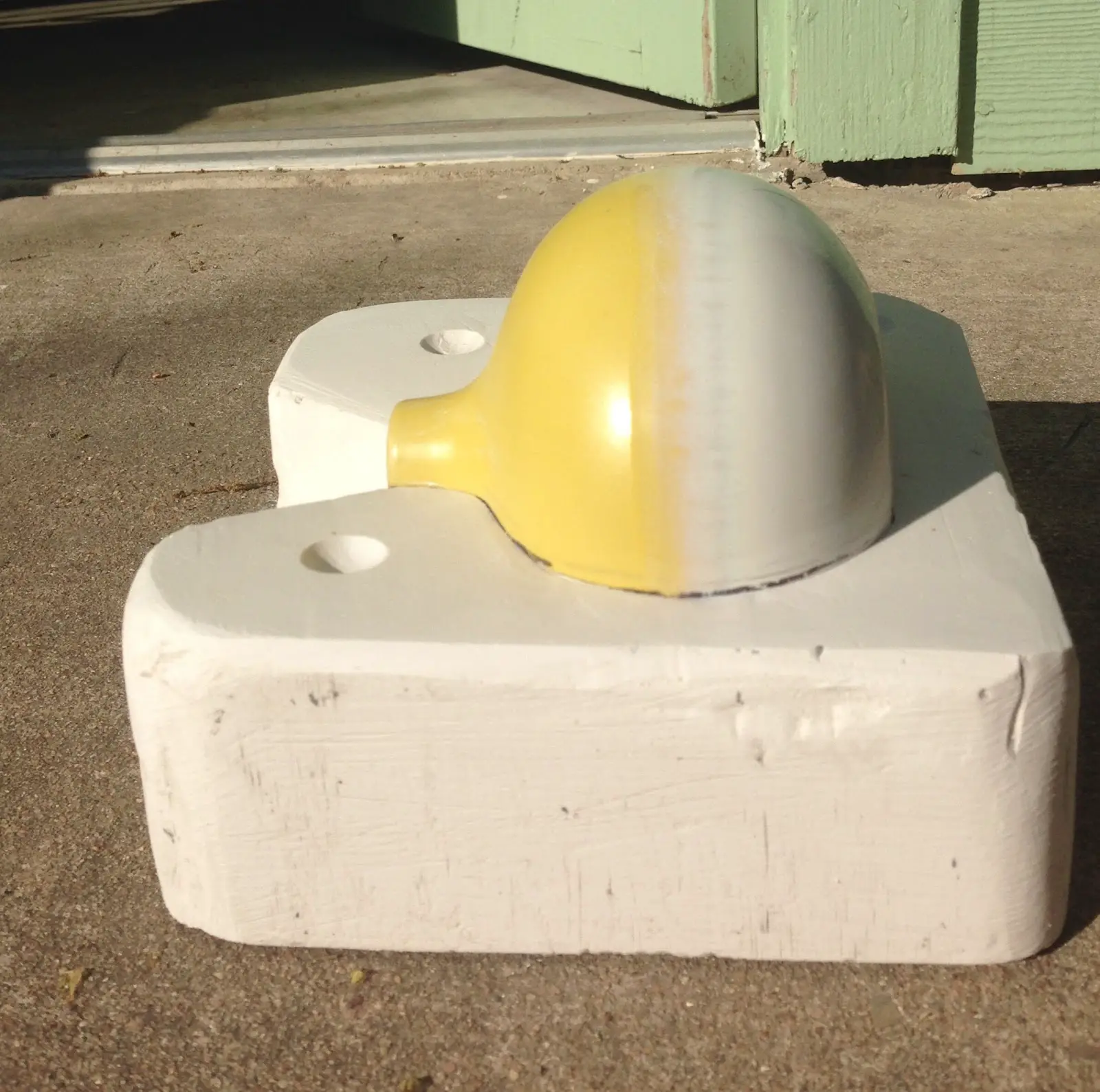
Source: Pinterest
Polyester Resin
Because it is inexpensive and straightforward, polyester resin is the most often utilized resin in the building sector. Its nature makes it compatible with nearly every surface, and is often used together with fiberglass.
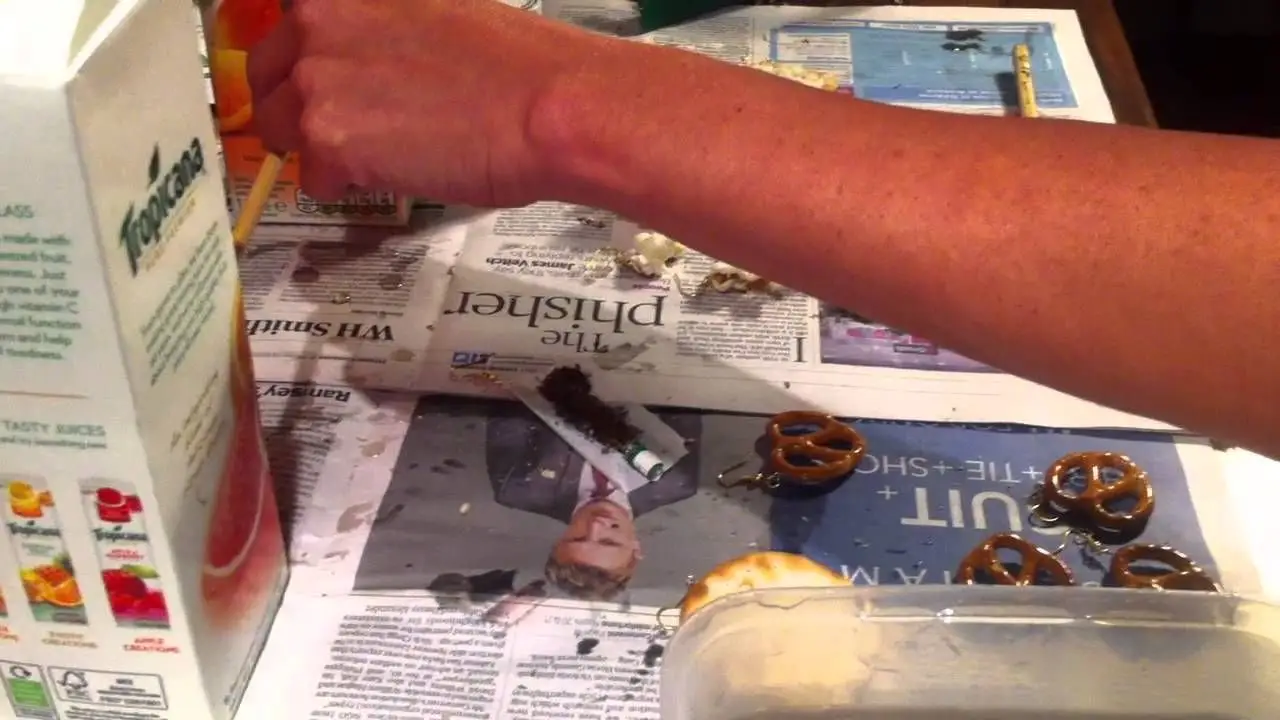
Source: Pinterest
Acrylic Resin (For Art)
Acrylic Resin is used to describe a group of thermoplastic materials collectively. They are used in diverse applications, as they have an appealing appearance and transparency and are weather resistant, to mention a few good qualities.
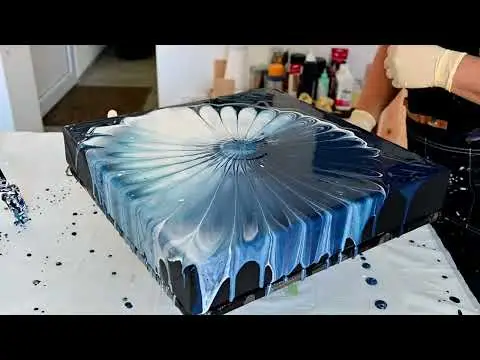
Source: Pinterest
Polyurethane Glue (For Furniture)
Polyurethane glue or PU adhesives are versatile glues made from either polymer or long-chain molecules. It can be used to bond both porous and non-porous materials to each other and one other. It expands as it cures, making it easy to fill in the gals in the materials being joined. However, it is more expensive than other adhesives.
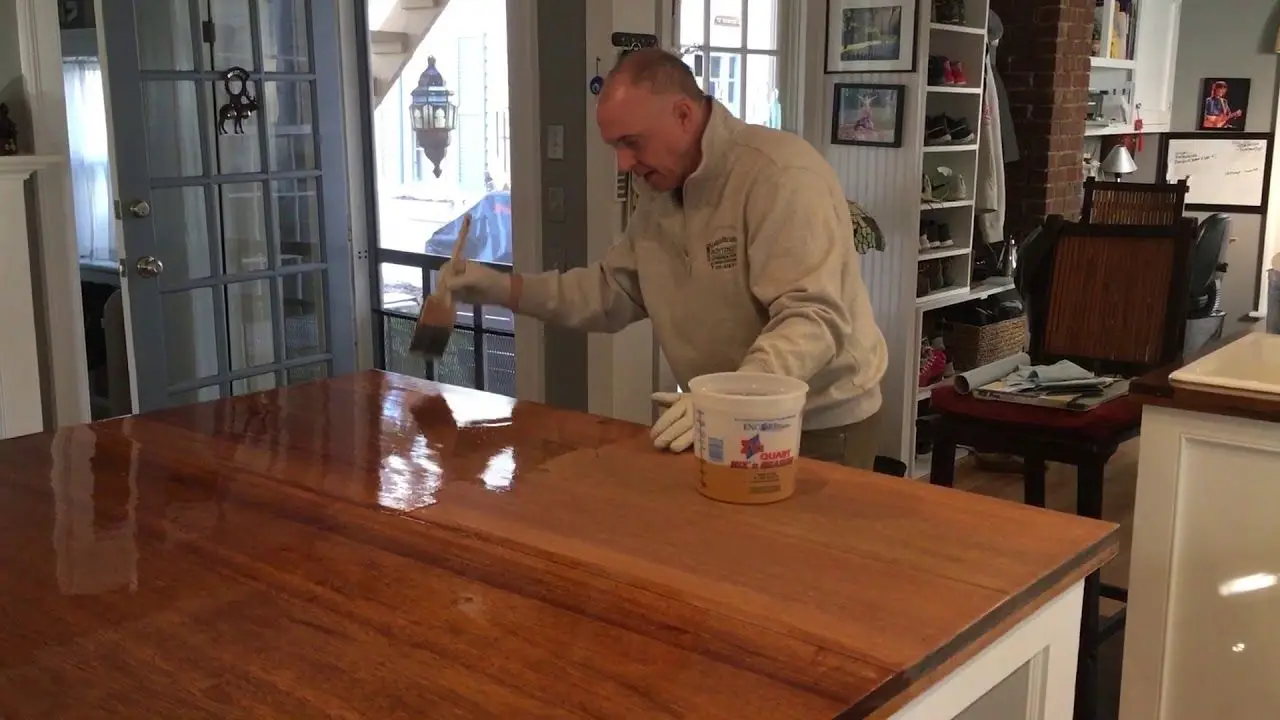
Source: Pinterest
Glass Tile Coasters (For Kitchen Decor)
Glass tile coasters are unique and can be made into beautiful designs. They are also effortless to maintain and easy to DIY.
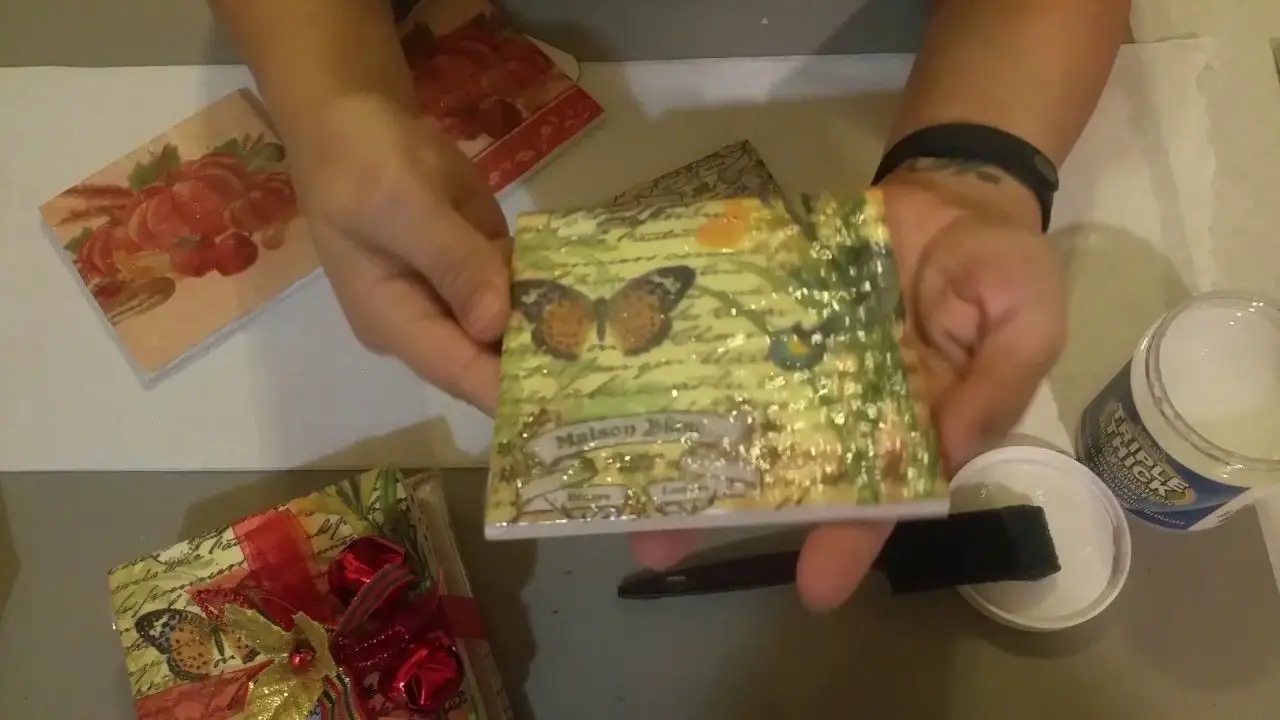
Source: Pinterest
Concrete Etching (For Flooring)
Etching concrete is a perfect substitute for using resins. You can create any designs using various materials, including brushes altered to mark specific designs on your wet concrete. You give your floor space a unique finish without breaking the bank.
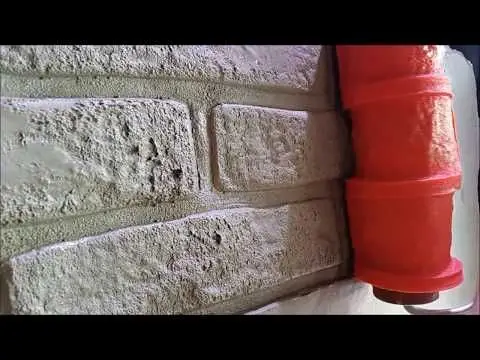
Source: Pinterest
UV Resin
What differentiates UV Resin from epoxy resin is that. In contrast, the latter must be combined with a hardening agent. UV resin is left to harden in ultraviolet light. Also, while others may take up to a day to cure, UV resin cures in a much shorter time.
Due to its short curing time, it is used in various construction works. Additionally, it works as an epoxy resin adhesive. However, it’s even more expensive than Epoxy Resin.
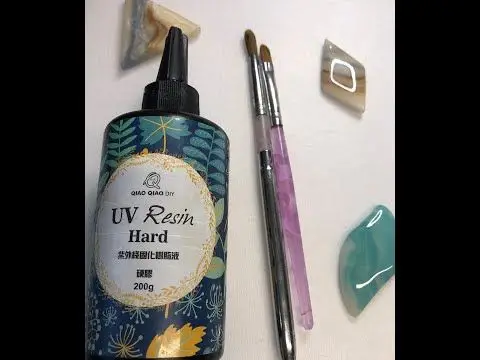
Source: Pinterest
FAQs
What Are Cheap Epoxy Resin Substitutes?
Epoxy Resin can be replaced by many other less expensive options if you’re working on a budget. Some affordable alternatives you can try out for a change include PTR (Propargyl Terminated Resins), Polyester, Latex, Agar gel, and Polyurethane, amongst others.
Although the alternative you get to use will depend mainly on the surface, you plan to use this substitute.
What Are The Limitations Of Epoxy Resin?
Some of the significant limitations of Epoxy resin include the following:
- how high priced the products are
- the time it takes to cure
- the time it takes to prepare the surface and install the Epoxy Resin.
For floors finished with Epoxy Resin, there is a tendency for them to be quite slippery. Slippery floors are responsible for a lot of indoor/domestic accidents.
What Material Does Epoxy Resin Not Stick To?
Everyone is trying to stick epoxy resins on any surface because of how it looks after installation. Unfortunately, epoxy resins only adhere to a few surfaces. Some of the surfaces it can’t bind with include the following:
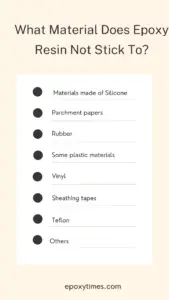
What Epoxy Resin Substitute Do I Use For Arts Works?
It is already known that art is not restricted to canvas surfaces anymore. Hence, the substitutes available for anyone who’d rather not use epoxy will depend on where they want to do their art. Polyester is one of the substitutes for any art and craft work. Plaster and epoxy putties are some other cheap options to consider.
Although these will likely get the job done, you cannot expect to achieve the same glossy and high-quality look that epoxy resins would give, considering their price tag.
Which epoxy resin works the best for crafts?
Deciding what Epoxy Resin is best for your crafts will depend on the surface being worked on. Other things to consider before selecting the perfect resin for your project would be its properties, like how durable it is and its viscosity, amongst other things. Then proceed to choose and follow product specifications for use and installation.
Conclusion
Epoxy Resin is a versatile and durable substance now widely used for many different purposes, from decorating jewelry to decorating tables, floors, etc. However, even though Epoxy Resin is now used in several regions worldwide, people are constantly looking for cheaper alternatives that could give them a similar effect.
Several Epoxy Resin Substitutes are shared in this article, including what surfaces they are most suitable for and why they are the most reasonable alternative to consider for a particular situation. You can view some Epoxy Resin Substitutes shared here for your next project.

